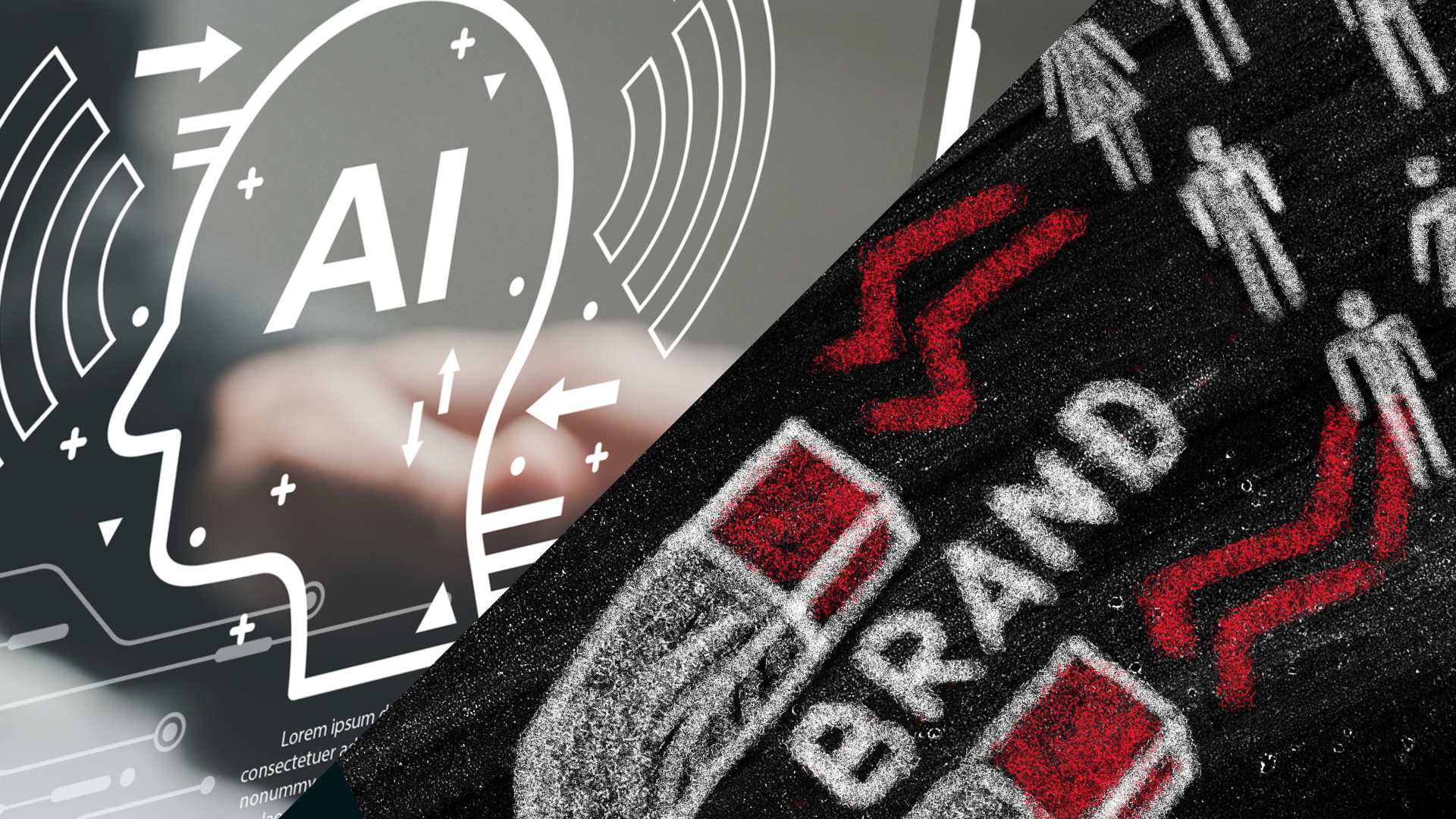
Vitalik Buterin, co-founder of Ethereum, has consistently championed decentralisation, believing that distributing decision-making power across a broad group can reduce collusion and corruption. In his view, Decentralised Autonomous Organisations (DAOs) often offer a more efficient and fair alternative to traditional corporate structures. Unlike corporations led by centralised boards and CEOs, DAOs are managed democratically by their members. Decisions, including how to allocate treasury funds and modify protocols, are made through proposals put forth and voted on by the community.
However, Buterin acknowledges that DAO governance isn't without its challenges. He has expressed that both DAOs and traditional corporate structures have their inefficiencies. In certain contexts, naive forms of decision-making by DAOs can outperform centralised corporate structures, particularly when it comes to decisions that benefit from diverse input and compromise, such as funding for public goods or setting tax rates.
Buterin distinguishes between two categories of decisions: concave and convex. Convex decisions, like military strategy or technological choices for crypto protocols, often require decisive, centralised action. In these cases, decentralised decision-making can lead to confusion and suboptimal compromises. In contrast, concave decisions, such as those related to public goods or judiciary actions, benefit from collective wisdom. Here, DAO-like structures, with their large and diverse inputs, are more likely to produce better outcomes.
Despite his support for DAOs, Buterin concedes that these organisations are not without their flaws. One significant vulnerability of DAOs is their susceptibility to attacks or censorship due to their decentralised nature. Moreover, because many blockchain projects operate remotely and online, character screening and informal in-person assessments are more challenging. This decentralisation of decision-making power, while reducing the influence of any single individual, also makes it more likely that potential collusions or issues will be exposed and addressed.
Buterin also recognises that there are situations where a more centralised approach is necessary. For example, in times of extreme or unexpected changes, a company might need a strong, centralised leader to coordinate an effective response. In such cases, a corporate-like structure with clear hierarchies and a central leadership may be more appropriate.
He suggests that while DAOs are valuable for maintaining stability within the ecosystem, there are scenarios where simpler, leader-driven governance models, emphasising agility, make more sense. However, he is clear that the broader crypto ecosystem relies on the existence of non-corporate, decentralised forms of governance to maintain overall stability.
In essence, Buterin advocates for a balanced approach, where both decentralised and centralised forms of governance coexist, each applied according to the specific needs and circumstances of the organisation.






